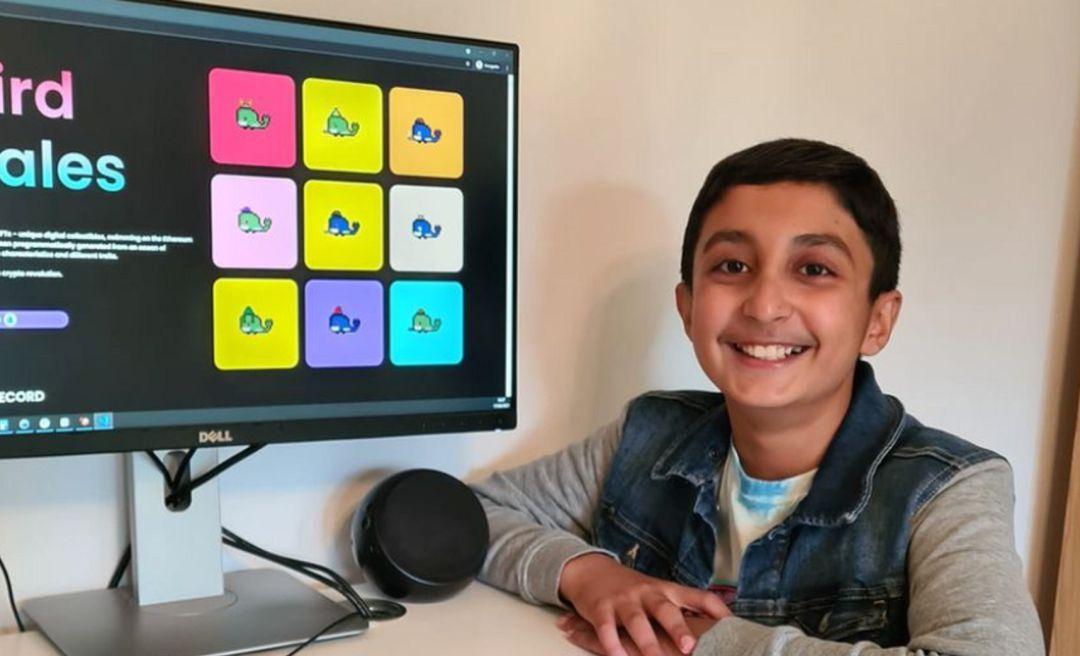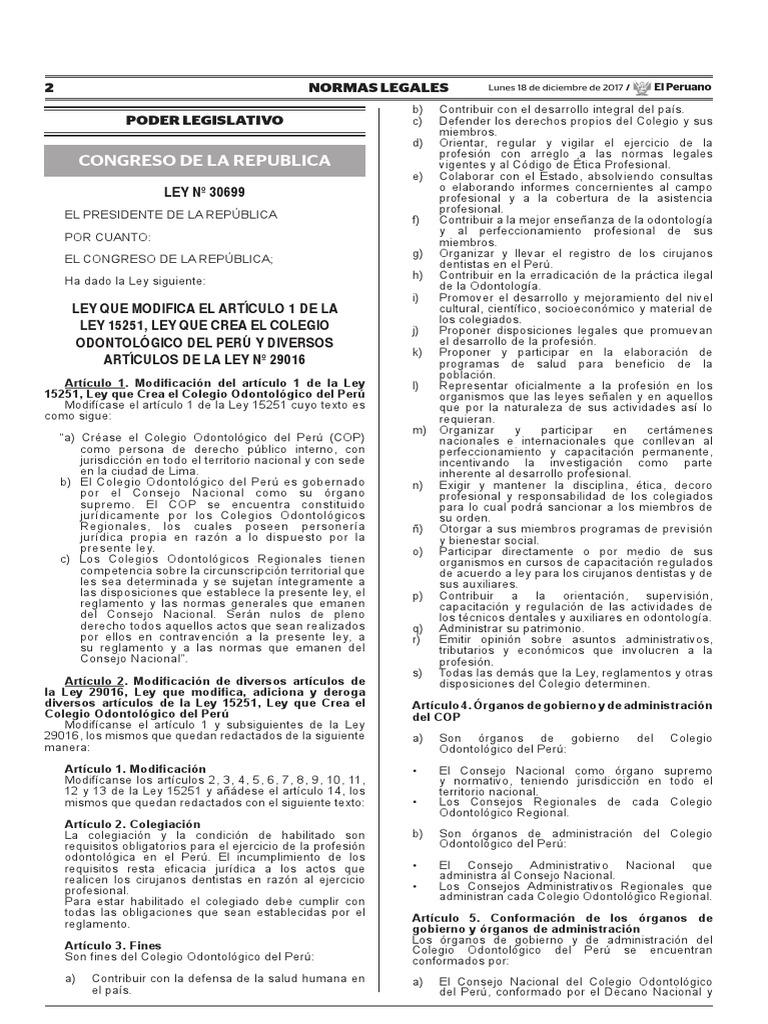A 12-year-old boy earns 340,000 euros from the sale of his collection of digital images of whales
He is 12 years old, lives in the United Kingdom and this summer he has earned 290,000 pounds sterling, almost 340,000 euros at current exchange rates. Benyamin Ahmed, a kind of computer genius who learned to write code at the age of five, produced a collection of digital images that he baptized as Weird Whales (strange whales) and sold them for that amount as non-fungible tokens (NFT for its acronym in English). His story is the latest success story of the NFT fever, digital products that are bought and sold and whose originality is certified by blockchain technology, a fashion that has been fueled by the explosion of bitcoin and the rest of cryptocurrencies.
Ben's work is made up of a set of 3,350 whales made as meme-like variations of a cetacean similar to the one in the Minecraft video game and was sold thanks to the promotion that the minor made in a thread on Twitter, on a LinkedIn page and on his YouTube channel. His work went viral during his school holidays. The money came later and as the minor's family has told The Guardian newspaper, Ben will store his earnings in Ethereum, the same cryptocurrency that was used to sell the whale artwork.
How can something digital become a unique piece? The file, in this case each whale, is stamped with a unique digital signature that is kept on a blockchain. That code snippet can be bought and sold and it registers ownership. In this way it becomes a unique, original object as if it were a painting or a sculpture.
More informationThe mystery of NFTs, the new phenomenon of crypto artA tweet for 2.5 million dollars: Internet collecting is infected by bitcoin's 'gold rush'The 'tokens', a market that flies over reality"I chose whales because in cryptocurrency a whale is someone with 1,000 bitcoins," Ben told The Guardian. "People connected to my story because I'm so young, people saw it, connected to it, and it spread everywhere," he adds. His father, Inram, assured that in this case the buyers, more than the artistic value of the work, have valued the historical importance of the case. “Imagine the value of an original book written by a 12-year-old that had gone viral when the printing press was invented,” he explained to the British newspaper.

Both Benyami and his brother Yousef learned to write computer code when they were very young, encouraged by his father, who is a software developer in the financial sector. “My advice to other kids who might want to get into this space is to not feel compelled to code maybe because of peer pressure. Whether you like to cook or you like to dance, do the best you can," Ben said in a statement collected by the BBC.
Rush for NFTs
The NFTs have become the great cryptoeconomic trend of the moment since in mid-March of this year the artist Beeple sold a digital file as an NFT for 57 million euros. That same month, Jack Dorsey, the founder of Twitter, sold the first tweet in history for $2.5 million. As in Ben's case, NFTs allow works of art to become a digital ownership certificate, which can be bought and sold.
They were not unique cases. A New York Times article on technology was sold at the end of March for almost half a million euros. American rock band Kings of Leon have released a limited edition online of their latest album and video game company Atari has launched a casino with classic games, while the NBA is actively promoting its limited edition collectibles called Top Shot Moments. NFT fever is growing by leaps and bounds as cryptocurrencies try to find, or create, their place in the financial world.
Proponents of this emerging digital aesthetic say the future is already here. They are artists who break with the gallery system to promote their careers on digital platforms and reach collectors much more immediately. For others, everything is a gigantic speculative bubble that will burst at any moment, as happened with the famous tulip crisis in the 17th century in the Netherlands.
You can follow EL PAÍS TECNOLOGÍA on Facebook and Twitter or sign up here to receive our weekly newsletter.








